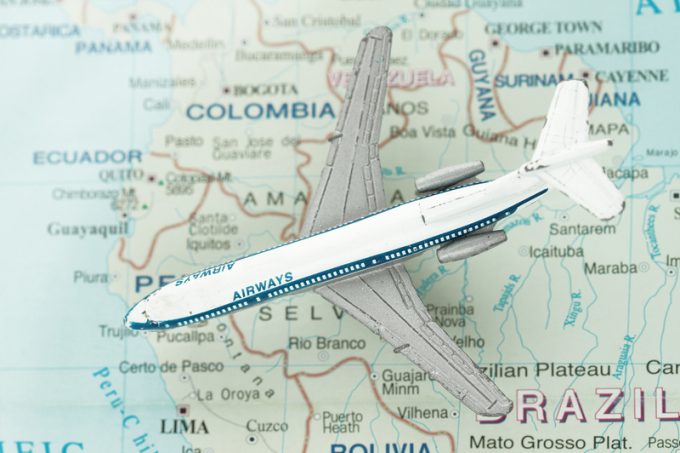Canning capacity as ecommerce bubble breaks
What a pile up

Air cargo carriers will enjoy temporary seventh freedom rights across ten Latin American nations following the signing of an MoU.
The move, which ICAO hopes will be replicated in other regions, is an attempt to make vaccine distribution more efficient and to bolster economies through e-commerce.
The Latin-American Civil Aviation Commission (LACAC) has established, on a temporary basis, seventh freedom traffic rights for all-cargo flights by airlines from the subscribing countries. It lasts until the end of 2021, but is extendable for ...
Keep our news independent, by supporting The Loadstar
Volume surge and an early peak season? 'Don't celebrate too soon,' warning
Container spot rates diverge: to Europe still falling, but firmer to the US
Hapag-Lloyd won't take bookings if port congestion leaves cargo stranded
Ecommerce likely the front-runner in resurge of transpacific trade after deal
China-US trade tariff pause could drive a rebound for transpacific rates
Shippers should check out the 'small print' in China-US tariff cuts
Service chaos from trade ban with India a problem for Pakistan shippers
Airfreight rates ex-China 'loss-making', but hopes of a trade deal stay high
Carriers impose 'emergency operation' surcharges on Pakistan cargo
Serious threat to jobs in US logistics as tariffs cause economic 'stagflation'
15% rebate for box ships as Suez Canal Authority woos carriers
White House u-turns see freighters flying but keep logistics players on their toes
MSC in terminal switch as Nhava Sheva gets strong start to new fiscal year
Peak season or recession? Forwarders and shippers need to 'stay flexible'
Volga-Dnepr claims 'pirate' Canada has 'hijacked' its stranded aircraft


Comment on this article